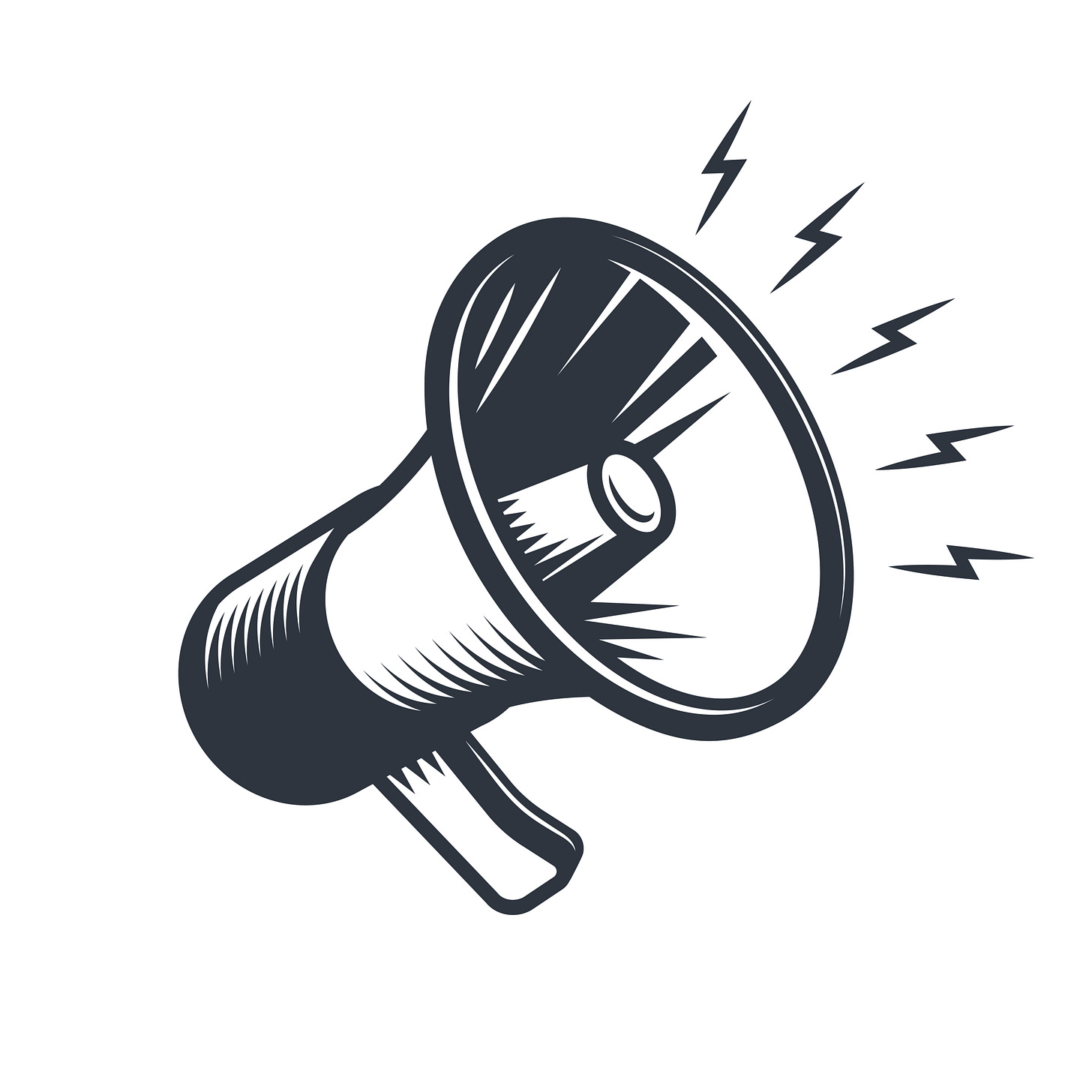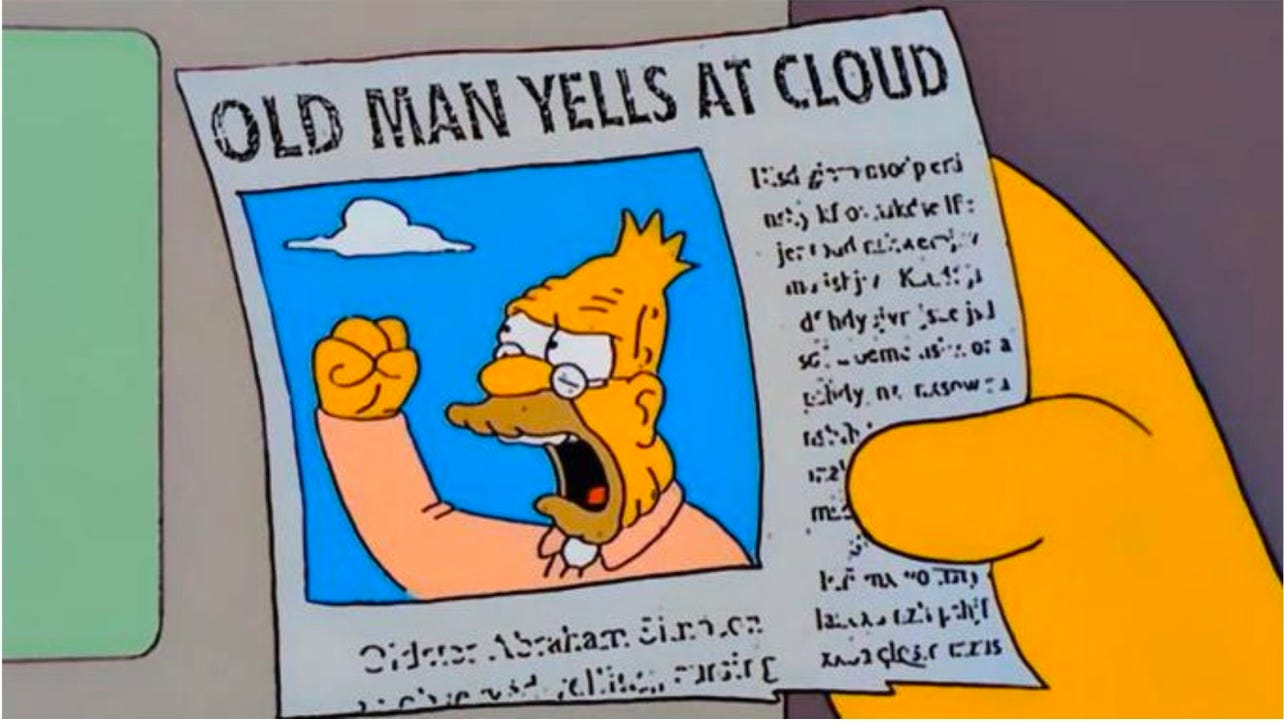The other day a friend asked me my thoughts about Bluesky, a social media app which has become the darling of progressives. I’m what you’d call an early-ish adopter and have already been on Bluesky for a couple of months. “Meh,” was my reply. “Look, as a country, we’re siloed, gerrymandered, and divided in ways we haven’t seen since the Civil War, and when we dive into spaces where everyone is like-minded, then those divisions only become more exacerbated,” I said. For now, I’m staying on Bluesky, despite the HUGE number of cat accounts* that the algorithm unexplainably sends my way, but as I summed up my feelings, I said that “picking Bluesky over Twitter, Instagram, Facebook, or TikTok, feels like picking your favorite fast-food restaurant. In the end, none are that great.”
I was an early adopter of Facebook thanks to Emma, of the infamous sinking raft in Thailand. She suggested that I get on as a way for us to keep in touch. Remember those innocent days of 2008 where we posted what we were thinking, what we ate for breakfast and got to humblebrag about our kids, trips, and state of our lives? How amazing was it that people we left behind in the hazy past—grade school bullies who terrorized us on the school bus, a random guy we spent a day with in 1990, or everyone from high school—were suddenly there. For an extrovert like me, whose personal motto was “No friend left behind,” this was catnip. I bounced over to Instagram which always felt more artistic, less political, and more importantly, didn’t become uncool, like Facebook did when the Boomers and older generations began to flood the zone and I also had two accounts on Twitter, where I sought the most up-to-the-moment information ranging from natural disasters to protests. Twitter gained cred for me when it helped bring about the Arab Spring in 2011, where your humble fruit vendor could share the brutality of the local police while at the same moment another account provided some of the funniest moments on the internet.
Then 2016 happened, Trump was elected, and we learned that Cambridge Analytica (a British firm) hired by Facebook, was targeting ads towards Facebook users—remember those stupid quizzes, like what salad dressing are you? Or which country should you move after an alien invasion? Yup, those quizzes were specially designed to gain information on us to target political ads our way. They not only mined our information, but those of our friends, who NEVER consented to finding out that they were destined to be blue cheese dressing in Ecuador. These ads tipped the scales on the outcome of that election. There is an excellent book called Mindf*ck by Christopher Wylie, that lays out what happened. What we didn’t realize when we signed up for Facebook and the other apps, is that the commodity they sell is our attention—or in most cases, our outrage—which keeps eyeballs on the screen. Our innocence had been shattered. What was created** to reinforce a very deep human need for connection has been twisted, sold, and ultimately bastardized to enrich some already very rich people, at a time where we are undergoing some of the most seismic ruptures in politics, business, and the media.
Chris Hayes has written a book called The Siren’s Call and is on the podcast/talk show circuit talking about how our attention has become currency. Remember last week when I was sharing that my 2025 word was RECLAIM and one of the things that I want to reclaim is my attention, specifically, my mental well-being; but for me, those are one and the same.
How do I reclaim my attention when I don’t know that it’s been taken? Nowhere is more attention grabbing these days than TikTok. Never mind the fears of Chinese data hacks (I’m not convinced that we haven’t already given that away with every telecom contract we’ve signed or app we’ve agreed to install. Also, it seems xenophobic to be worried about the Chinese, when Congress does nothing about Russian hacks), the danger of TikTok is the ability to watch literal hours of your life disappear. For those who are not on TikTok, it may seem that criticism of the platform is akin to Old Man Shaking Fist at Cloud, that there is a generational chasm that can’t be crossed, because TikTok, the descendant of three generations of social media, started with the banality of homemade dances and has expanded into a platform where storytelling has been cleverly monetized. There’s plenty of hostility towards TikTok (see old man/cloud) but the reels on Facebook and Instagram are mostly TikTok videos that are weeks, if not months old, so if you’ve watched them, you’re watching TikTok products. I’m not sure how I feel about TikTok. I have an account but haven’t posted. I predict that the shit show pulled the night before Trump’s inauguration will be the beginning of the end of the app, rather than the law proposed by Trump, passed by Congress, signed by Biden, and upheld by SCOTUS to effectively ban it.
In the spirit of making my posts less of a rant (see old man/cloud) and a space where we can effect change, I’d like to propose actions. How do we protect our attention?
1-Know where it’s going. Remember the very demure/very mindful meme this summer. It’s okay to be mindful that you’re being asked to ENGAGE, and you can appropriately step back. In regard to Trump, Dan Pfeiffer of Pod Save America stated this month that “Our attention is our greatest resource, and we can decide when we give it...”
2-Put in controls. Last year Dylan put time limits on my phone so that after 15 mins I’m forced to make a choice to continue to be on an app. Whatever psychology is behind that, it works, and I often go find something else to do.
3-Delete accounts. That’s a tough one for me. It was easy to delete my Twitter accounts but harder to get rid of Facebook and Instagram because I have so much on them that have become a digital scrapbook of the last 15 years, and I’d hate to lose that history. But I can take the apps off my phone and limit my posts. Chris Hayes admits the struggle is real, given his day job in the media. Here are two great conversations he’s had, with Ezra Klein and Sean Illing.
4-Create group texts with friends, or one on one, preferably on encrypted channels like Signal, where you can check in with each other and maintain a more intimate connection.
5-Reach outside the digital space.*** Have conversations, over the phone, or even in real life!
Hayes says it’s vital that we build a non-commercial public space, like the community halls that Facebook replaced. Get yourself out there, it could be to a book group, knitting circle, birdwatching association, or any sort of special interest group. Volunteer to a cause close to your heart and provide your labor towards making the world a better place. Cast your gaze outward with the dream, that if you build it, they will come.
I’m going to take my own advice right now. I’m going to get outside, take a 20-minute walk and join my knitting group at the library where I’m returning a few books and checking out a few more. See, radical actions aren’t so radical when taken alone. But on the whole, they might nudge the dial for the whole world.
*I’m more a dog gal, than a cat woman. If there was a never-ending parade of golden retrievers, my enthusiasm would be a 12/10.
**To be honest, Zuckerberg created Facebook (which in its paper form was a benign guide for universities and law schools so that professors and students could get to know each other’s names) to be a website to rate hot women on his campus—ugh.







Thanks for these helpful tips to stay sane in these times of social media control and global meltdown!